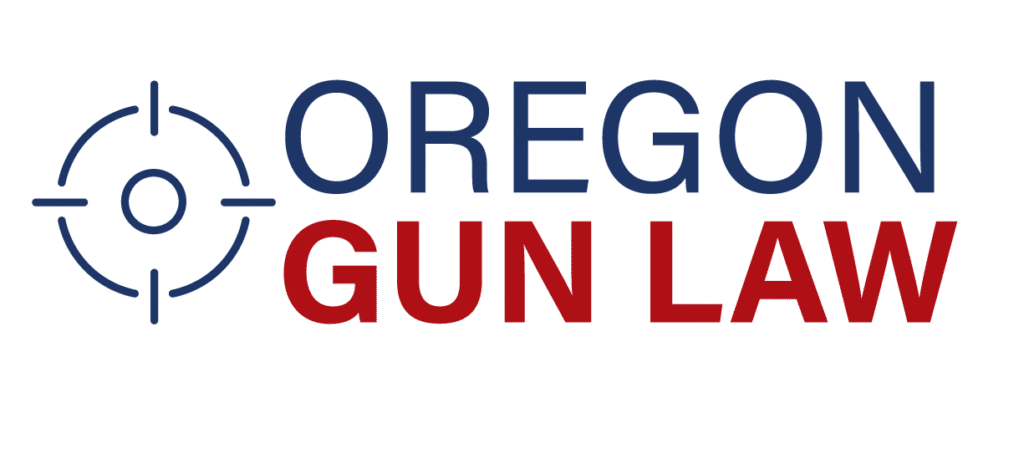Class A Felony in Oregon
In Oregon, a Class A felony is considered one of the most serious types of crimes. Sentencing for a Class A felony can include up to 20 years in prison, fines up to $375,000, or both. First-degree offenses include assault, rape, arson, and kidnapping.
You can not purchase or own a firearm if you have been convicted of a Class A felony in Oregon.
Class B Felony in Oregon
A Class B felony includes serious crimes but is considered less severe than Class A felonies. Sentences for Class B felonies can range up to 10 years in prison, with fines up to $250,000. Examples of Class B felonies include certain drug offenses (such as manufacturing or distributing controlled substances), extortion, possession of child pornography, second-degree manslaughter, and aggravated theft.
The majority of Class A felonies as well as some Class B felonies cannot be expunged or set aside from your record.
What is a Class C Felony in Oregon?
A Class C felony in Oregon represents the category of crimes that are less severe than Class A and B felonies but still carry significant legal consequences. For those convicted of a Class C felony, the law stipulates a maximum sentence of up to 5 years in prison and fines that can reach up to $125,000.
You are eligible to file a motion to reduce any class C felony under Oregon law. This level of felony encompasses a variety of offenses including, but not limited to third-degree assault, first-degree theft, DUII third offense, and hit-and-run injury.
These crimes, while serious, are often considered with a view toward rehabilitation and the circumstances under which they were committed. The sentencing for Class C felonies is influenced by the details of the offense and the individual’s prior criminal history.



